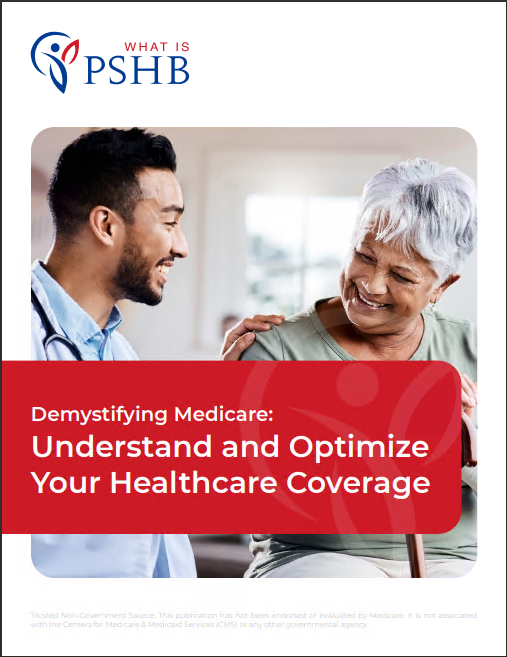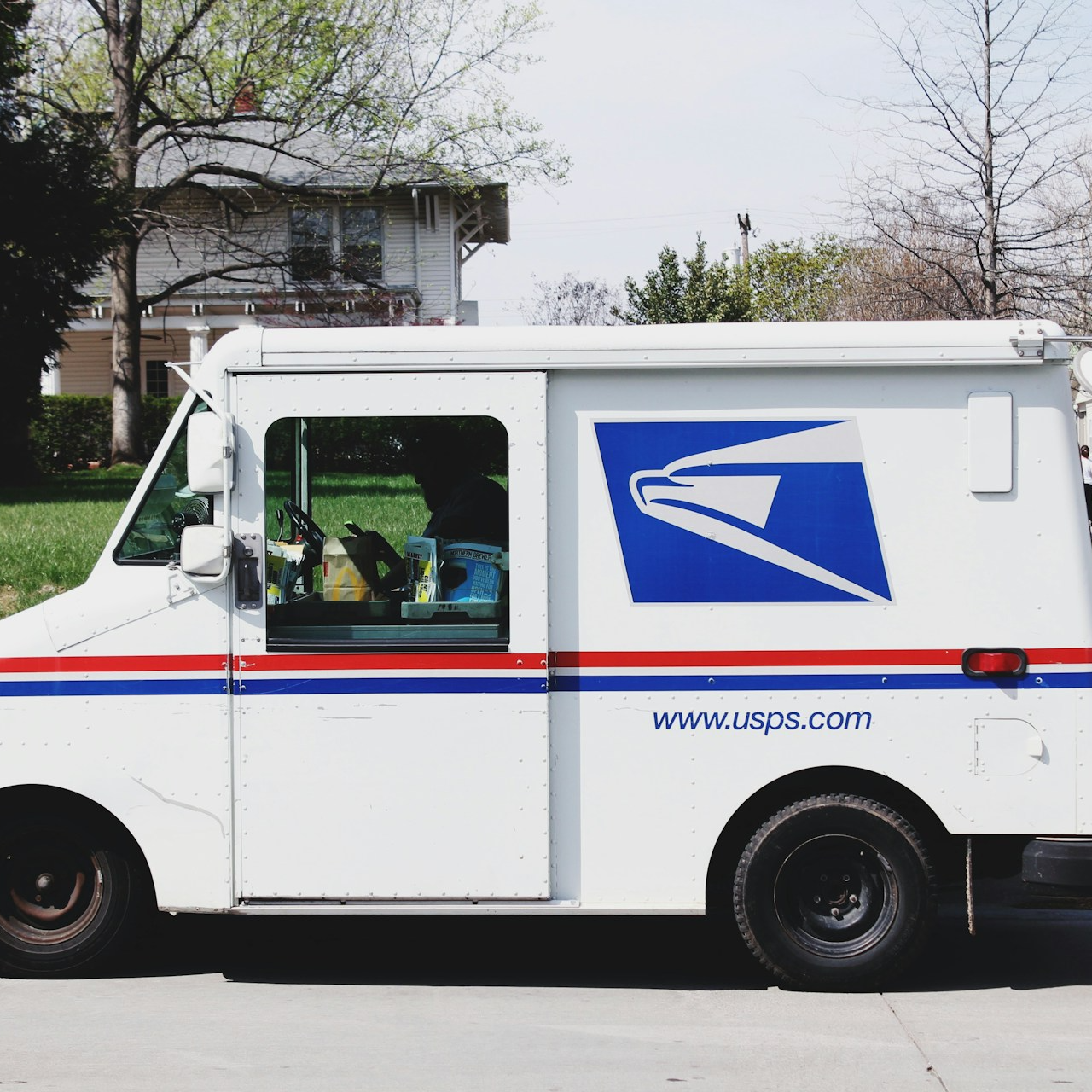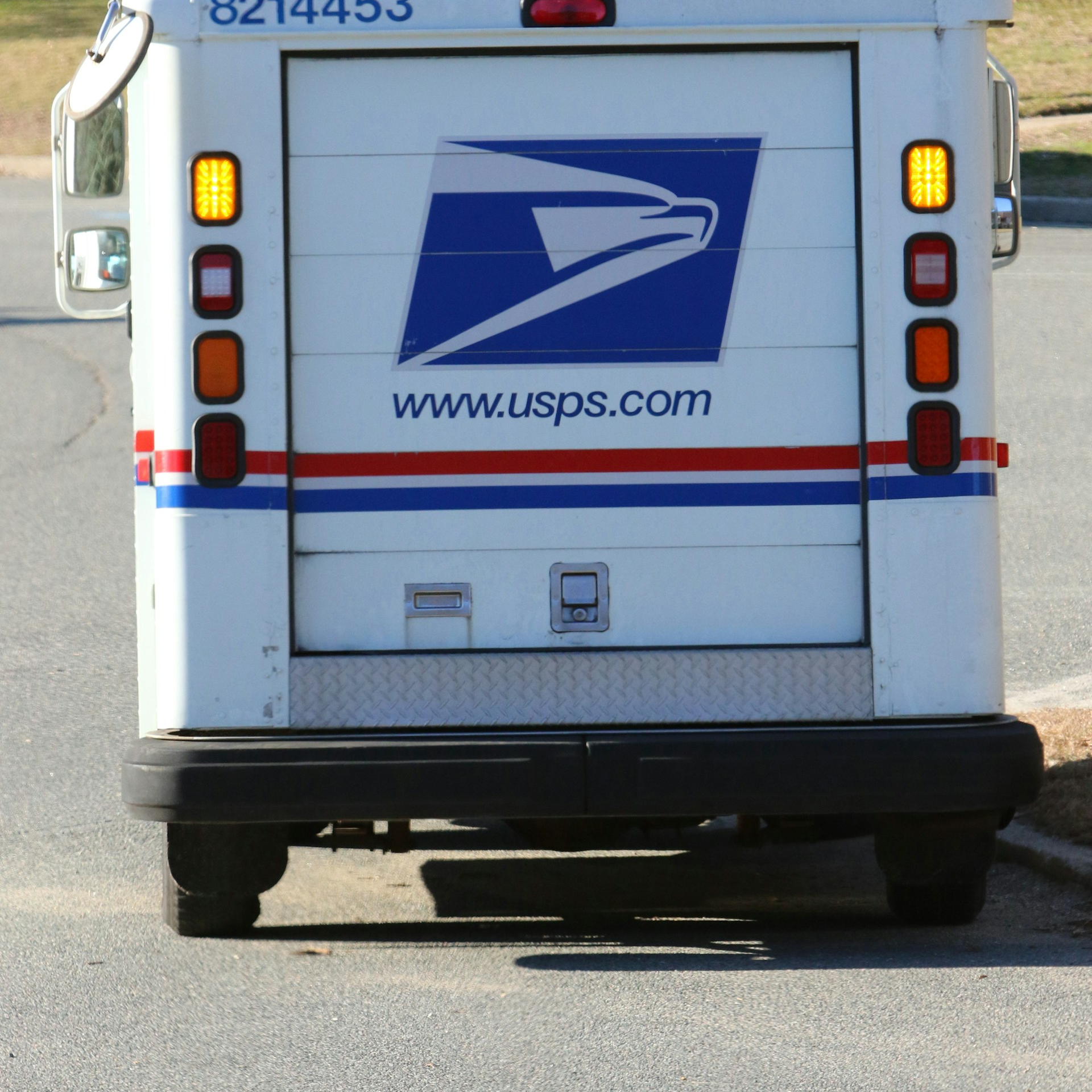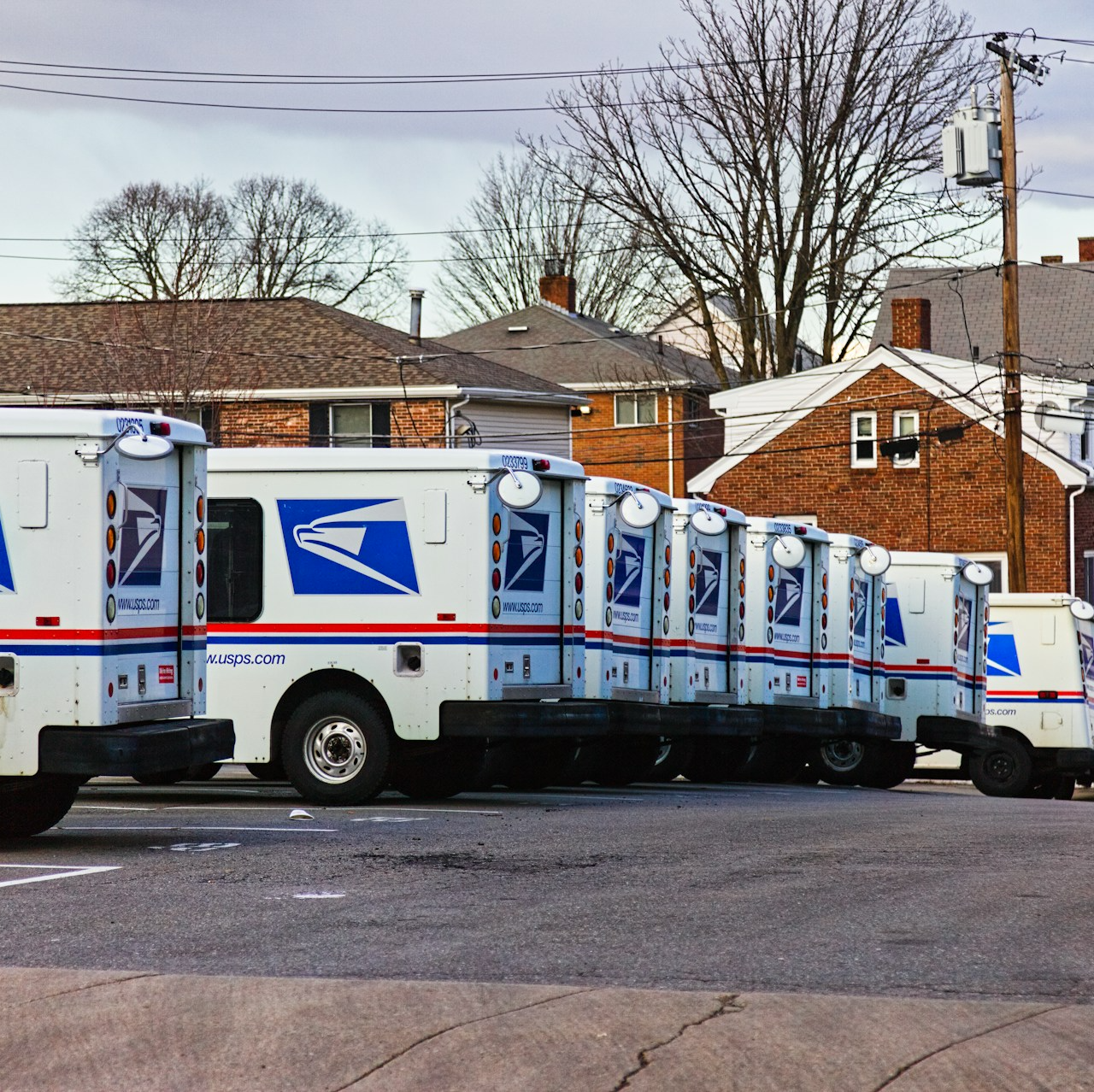Key Takeaways
-
If you are a Postal Service annuitant and eligible for Medicare in 2025, enrolling in Medicare Part B may be required to keep your PSHB coverage.
-
Exceptions exist, but skipping Part B could cause you to lose access to full PSHB medical and prescription benefits if you don’t meet the exemption criteria.
Understanding the Medicare Part B Requirement Under PSHB
In 2025, the Postal Service Health Benefits (PSHB) Program officially replaces FEHB for all Postal Service employees, annuitants, and their families. One of the biggest changes for retirees and eligible family members is how Medicare Part B enrollment affects continued PSHB coverage. You may think you have the option to decline Medicare Part B and still rely solely on your PSHB plan. However, that decision now comes with serious consequences.
Why Medicare Part B Matters in 2025
Medicare Part B covers outpatient services, including doctor visits, preventive care, and durable medical equipment. While some retirees in the past chose to delay or skip Part B due to the additional monthly premium, the 2025 PSHB rules make this choice more restrictive.
The Office of Personnel Management (OPM) mandates that if you’re a Medicare-eligible annuitant or family member, you must enroll in Medicare Part B to maintain full PSHB benefits unless you qualify for a limited exception.
Who Is Required to Enroll in Part B
If you fall under the following categories, Medicare Part B enrollment is generally mandatory to maintain full PSHB medical and drug coverage:
-
You are a Postal Service annuitant (retiree) eligible for Medicare.
-
You are a covered family member of a Medicare-eligible Postal Service annuitant.
Starting January 1, 2025, you must be enrolled in both Medicare Part A and Part B for your PSHB plan to provide full medical benefits and for you to keep your integrated prescription drug coverage under the Part D EGWP.
Who Is Exempt from the Requirement
Some individuals are not required to enroll in Part B. As of 2025, the key exemptions include:
-
You retired on or before January 1, 2025 and are not already enrolled in Part B.
-
You are an active Postal Service employee.
-
You are age 64 or older as of January 1, 2025, regardless of retirement status.
-
You reside outside the United States, where Medicare is not available.
-
You are covered under another qualifying program, such as the Department of Veterans Affairs or Indian Health Services.
However, even if you fall into one of these categories, carefully evaluate the tradeoffs before deciding to skip Part B.
What Happens If You Decline Part B in 2025
If you are required to enroll in Part B and choose not to, your PSHB coverage will be significantly reduced:
-
Your medical coverage under PSHB may be terminated.
-
You will lose access to the prescription drug plan that coordinates with Medicare Part D.
-
You could face delays or restrictions in re-enrolling in PSHB medical coverage later, even if you enroll in Part B at a later time.
This change is part of OPM’s broader effort to align the PSHB program with Medicare, reduce duplicate payments, and stabilize premium costs.
Penalties for Late Medicare Part B Enrollment
If you delay enrollment in Part B beyond your initial eligibility and do not qualify for a Special Enrollment Period, you may be subject to:
-
A 10% late enrollment penalty for each 12-month period you delayed enrollment.
-
Permanent increased premiums as long as you have Part B.
-
Potential delays in effective dates for both Part B and your restored PSHB coverage.
If you were eligible for the PSHB Special Enrollment Period in 2024 and did not enroll in Part B, you may have already missed a critical opportunity to avoid penalties in 2025.
Why You Should Seriously Consider Enrolling in Part B
Even if you’re exempt from the mandatory rule, enrolling in Part B can still provide important advantages:
-
Lower out-of-pocket costs: Many PSHB plans waive deductibles and reduce copayments for enrollees who also have Part B.
-
Better coordination of benefits: When paired with PSHB, Medicare Part B usually pays first for outpatient care, allowing your PSHB plan to cover what Medicare doesn’t.
-
Integrated prescription drug coverage: Medicare-eligible enrollees receive drug benefits through a Medicare Part D EGWP, often with broader access and capped out-of-pocket costs.
Medicare Part D Integration in 2025
If you’re enrolled in both Medicare Parts A and B, you’ll automatically be enrolled in your PSHB plan’s Medicare Part D drug benefit. This is not optional unless you completely opt out, which comes with serious drawbacks:
-
You’ll lose all prescription coverage under PSHB.
-
Re-enrollment in the drug benefit is restricted and may not be possible later.
The Part D drug plan under PSHB comes with:
-
A $2,000 annual out-of-pocket cap on covered prescriptions
-
An expanded pharmacy network
-
Coverage for insulin at a capped monthly cost
These benefits are only available if you remain in good standing with both Medicare and your PSHB plan.
Coordinating PSHB and Medicare Coverage
When you have both Medicare and PSHB, the coordination of benefits typically works as follows:
-
Medicare pays first for Medicare-covered services.
-
PSHB pays secondary, covering deductibles, coinsurance, and services not paid by Medicare.
This dual coverage model helps limit your total out-of-pocket expenses and offers more comprehensive protection.
But this only works if you’re enrolled in both Parts A and B.
Timeline of Key Events
To better understand how the PSHB and Medicare requirements play out, here’s a summary of critical dates:
-
January 1, 2025: PSHB coverage officially begins. Medicare Part B must be active for annuitants and eligible family members who are not exempt.
-
April to September 2024: The Special Enrollment Period (SEP) for Medicare Part B ran for those who needed to enroll to meet PSHB requirements.
-
November to December 2024: Open Season enrollment window for PSHB selection.
If you missed the 2024 SEP, you may need to wait for Medicare’s General Enrollment Period (January 1 to March 31), and your Part B coverage won’t begin until July 1, delaying PSHB full benefits.
What to Do If You’re Not Sure About Your Status
If you’re unsure whether you’re required to enroll in Medicare Part B, take the following steps immediately:
-
Review your retirement date: If it’s after January 1, 2025, you’re likely required to enroll.
-
Check your age: If you were 64 or older as of January 1, 2025, you are exempt.
-
Contact your PSHB plan: They can confirm how your current Medicare status affects your coverage.
-
Consult the PSHB Navigator: The help line (1-833-712-7742) provides personalized support.
Waiting to clarify your status could cost you coverage or subject you to penalties.
Financial Considerations for Part B in 2025
The standard monthly premium for Medicare Part B in 2025 is $185, with an annual deductible of $257. While this adds a financial burden, many PSHB plans offset the cost through:
-
Lower cost-sharing for services
-
Waived deductibles
-
Potential premium reimbursement features
These benefits can significantly reduce your overall healthcare expenses when you maintain both Part B and PSHB.
What Happens If You Drop Part B Later
Dropping Medicare Part B after you’ve already enrolled can cause serious disruptions:
-
Your PSHB plan may terminate or limit your medical coverage.
-
You could lose drug coverage permanently.
-
You might not be able to rejoin the integrated plan later, even if you reenroll in Part B.
Avoid making mid-year changes without fully understanding the consequences. Always speak with your plan or a licensed agent before making a decision.
Staying Protected Through Smart Enrollment Choices
With PSHB and Medicare now closely linked, your enrollment choices carry more weight than ever. Missing deadlines, declining Part B, or misunderstanding exemptions could put your healthcare at risk.
If you’re Medicare-eligible, it’s not enough to simply rely on your PSHB plan. Confirm whether Part B is required in your case and take action during enrollment windows to secure uninterrupted coverage.
Protect Your Coverage Before It’s Too Late
Medicare Part B isn’t optional for many Postal Service annuitants under PSHB in 2025. Even if you’re exempt, choosing to enroll can help you reduce your healthcare costs and expand your benefits. If you’re unsure whether you need Part B or how to proceed, reach out for guidance.
Speak with a licensed agent listed on this website to ensure you stay fully covered.











